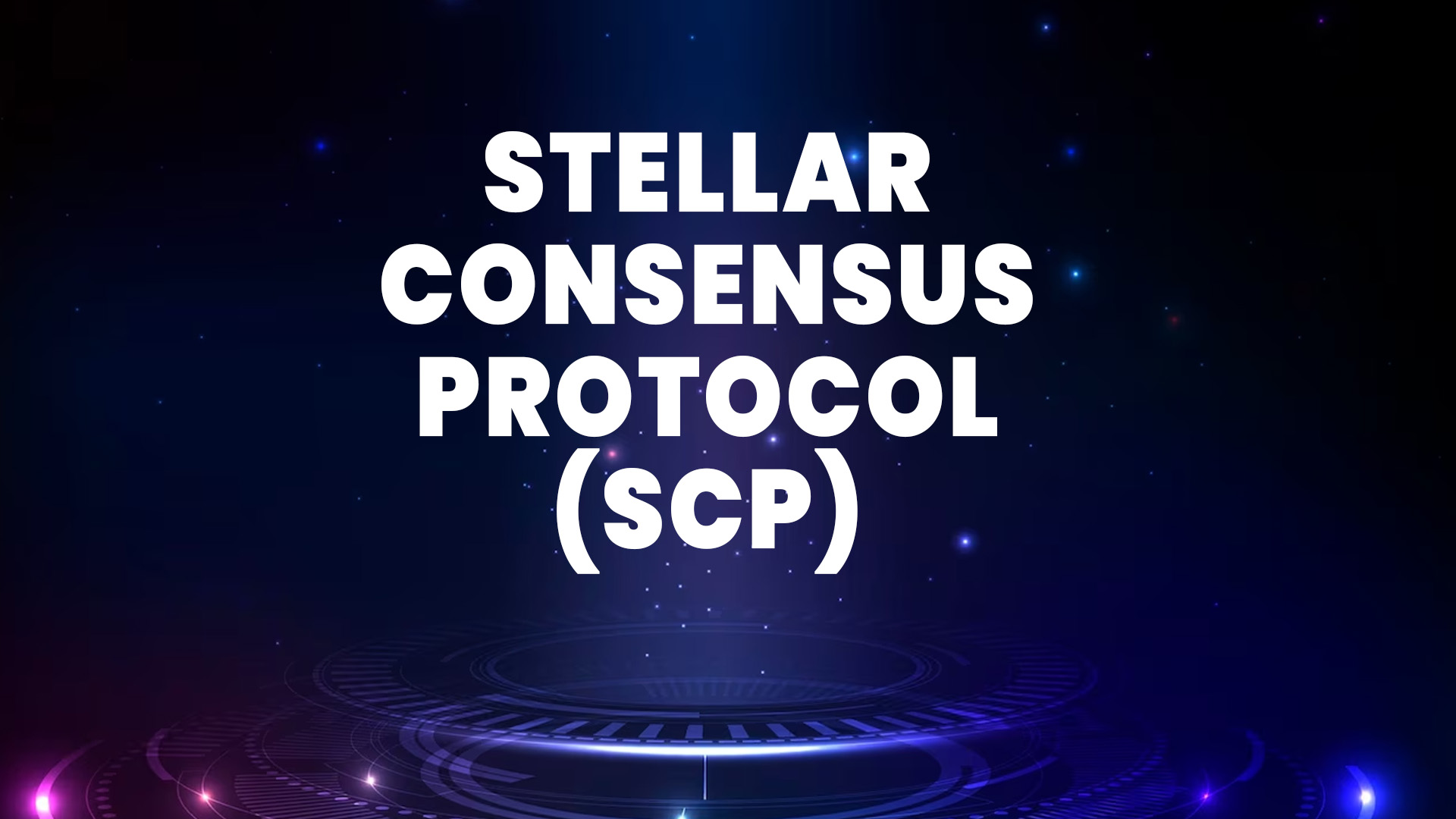- Stellar Consensus Protocol is an open-source blockchain platform.
- It makes the transactions of digital assets fast and secure.
- This consensus algorithm uses quorum intersection.
Stellar Consensus Protocol is a consensus mechanism that is open-source and completely decentralized. It is used for the making of transactions efficient, robust, fast, and cost-effective. The mechanism of its working which involves Stellar nodes is also unique. It is fault tolerant as the system continuously monitors operating despite nodes malfunctioning or failing.
What is SCP?
Stellar Consensus Protocol (SCP) is a decentralized and open-source blockchain platform that helps in the secure and fast digital assets (tokens and cryptocurrencies) transfer. SCP is constructed on the FBA (Federated Byzantine Agreement), which is a consensus mechanism just like proof-of-work and proof-of-stake.
The XLM (Stellar Lumens) is the Stellar Network’s native cryptocurrency which is used to pay transaction fees. SCP was developed by Jed McCaleb and Joyce Kim in 2014 and is now maintained by a non-profit organization called Stellar Development Foundation.
SCP is the consensus algorithm of the Stellar network that allows for secure and efficient transaction validation. It has a unique feature, ‘anchors’ that act as a bridge between different currencies for easy conversion. Each participant in the Stellar Consensus Protocol is a Stellar Core node (which is a validator or validator node) and there are no monetary rewards for being a validator.
Stellar has formed partnerships with many companies and organizations for the promotion of financial inclusion and is used for multiple applications including mobile money, micropayments, and remittances. Stellar has the aim of becoming an affordable, efficient, and fast blockchain platform that can be used for many financial applications.
In the future, the Stellar Consensus Protocol can be implicated for online voting because it ensures the results are accurate and cannot be tampered with.
Benefits and Challenges of SCP
The benefits of Stellar Consensus Protocol are;
- Its ability to achieve consensus even in the presence of malicious nodes or failure. SCP handles a high degree of node failure without affecting the integrity of the network.
- Its algorithm uses ‘quorum intersection’ so that different nodes in the network cannot make conflicting decisions.
- It can handle a large number of transactions in a short period (high transactions per second, TPS).
- The SCP algorithm is efficient and robust and allows for a decentralized and secure validation of transactions.
There are some challenges to its implementation as well along with the benefits. These are scalability (the process becomes more resource-intensive and time-consuming as the number of transactions and nodes increases), Sybil attack (attackers can create many fake nodes), security (there is always a risk with decentralized platforms), and quorum selection (nodes can make conflicting decisions about the ledger’s state).
Conclusion
Stellar Consensus Protocol is one of the best consensus mechanisms that is used to deal with financial transactions because of three properties; safety, liveness, and fault tolerance. The participants in SCP are validators that are called Stellar nodes and these are the main base for making networks in the SCP by selecting further nodes based on flexibility. It is prioritized over the other consensus mechanisms because of its robustness, efficiency, security, and decentralization.
